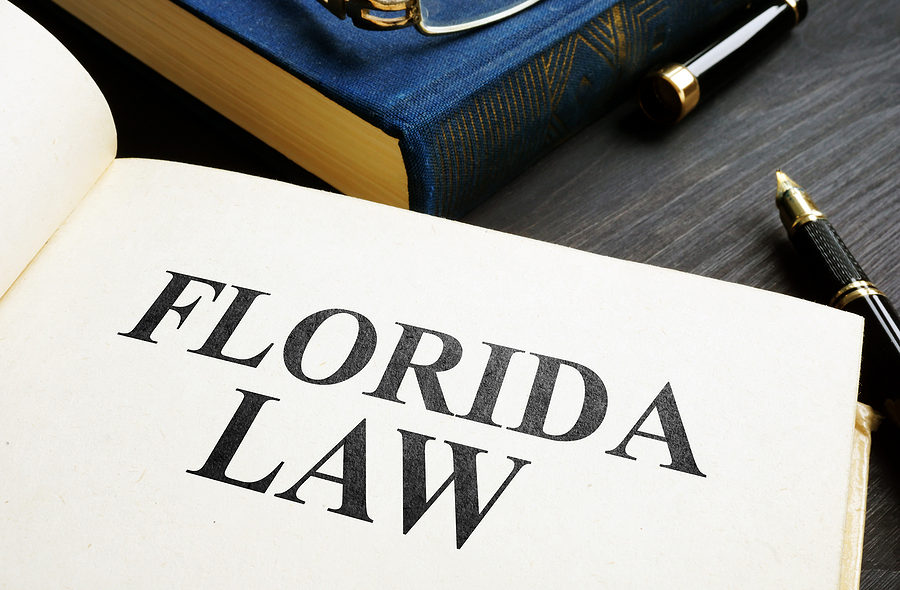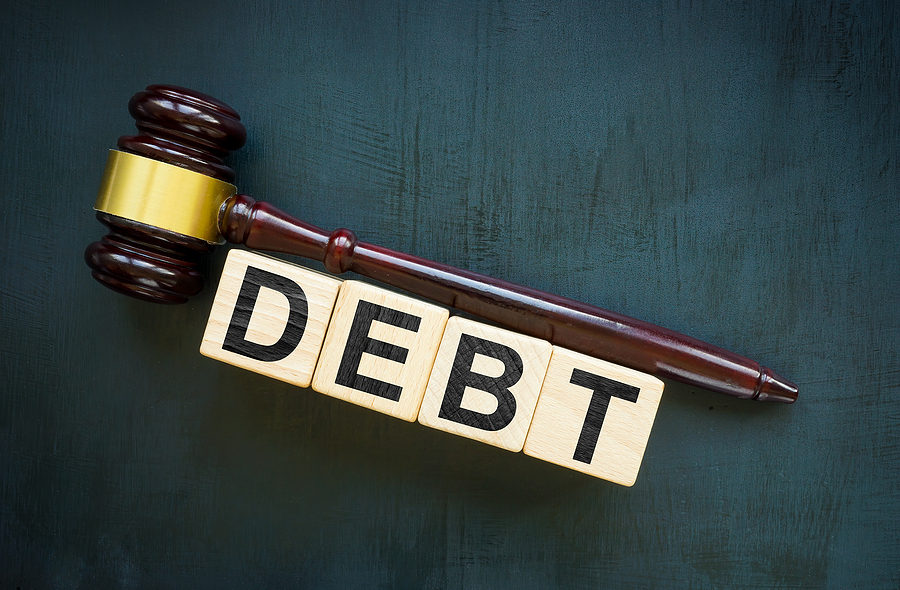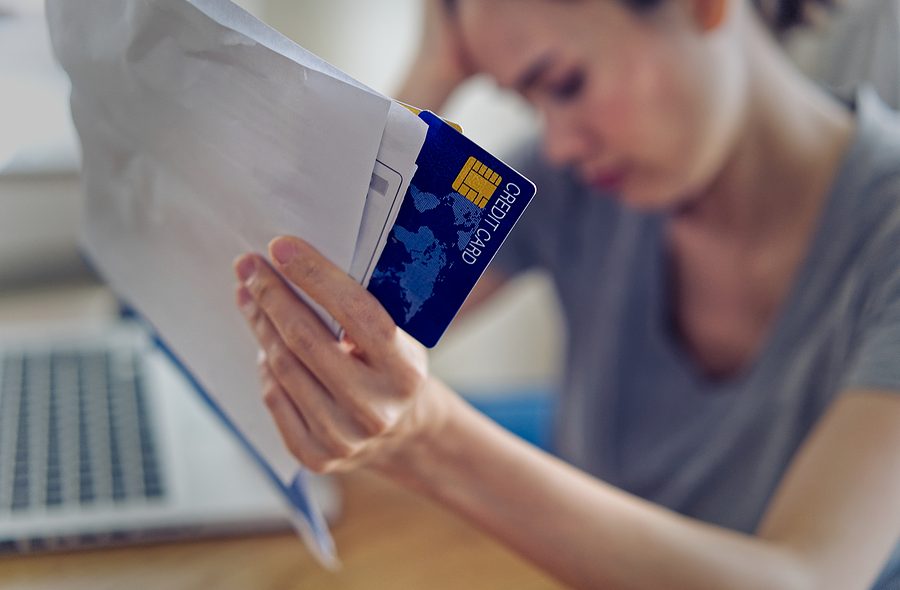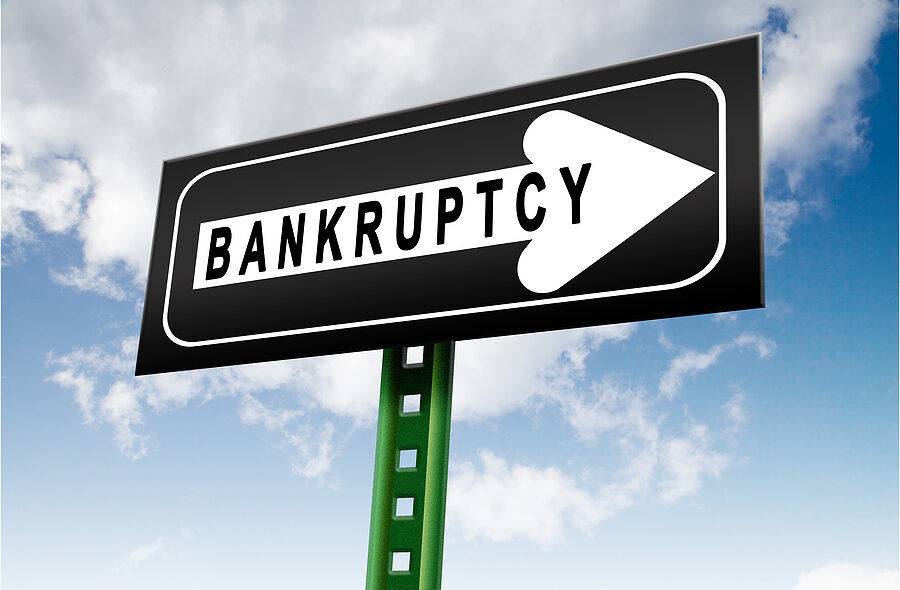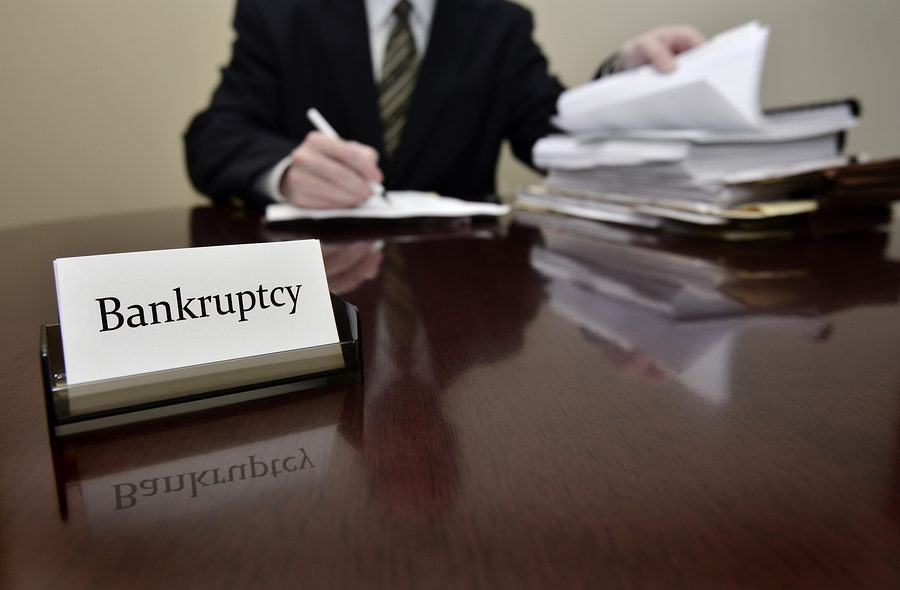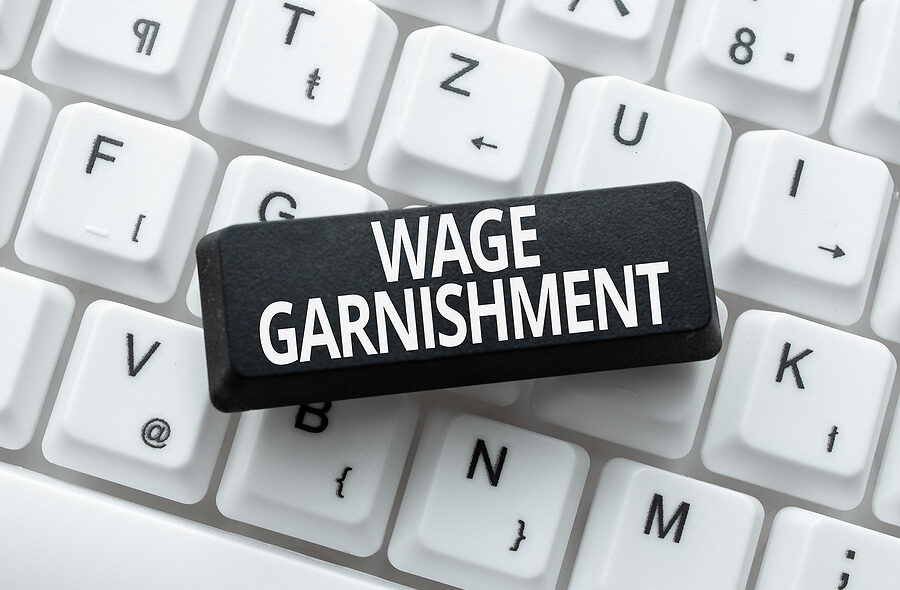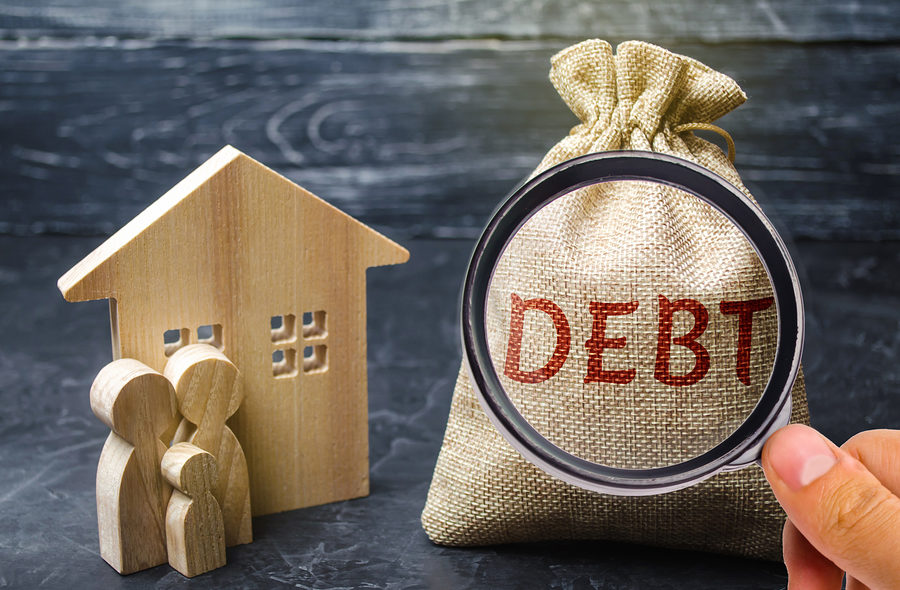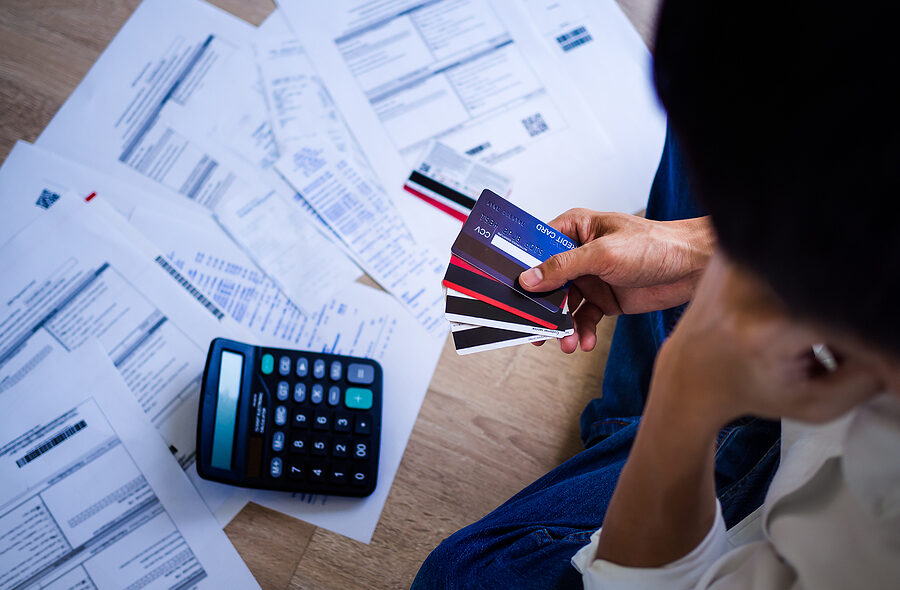Gov. Ron DeSantis vetoed a measure last week that would have provided some much-needed relief for those struggling financially in Florida. The specific measure, HB 265, was passed unanimously by both the state senate and legislature during the most recent legislative session, where it was quickly vetoed by DeSantis. This bill represents the third bill vetoed by the governor.
This bill would have given Floridians facing bankruptcy relief by providing them credit for any equity they may have had in their vehicle. The law would increase the bankruptcy exemption provided to debtors in their cars from $1,000 to $5,000.

